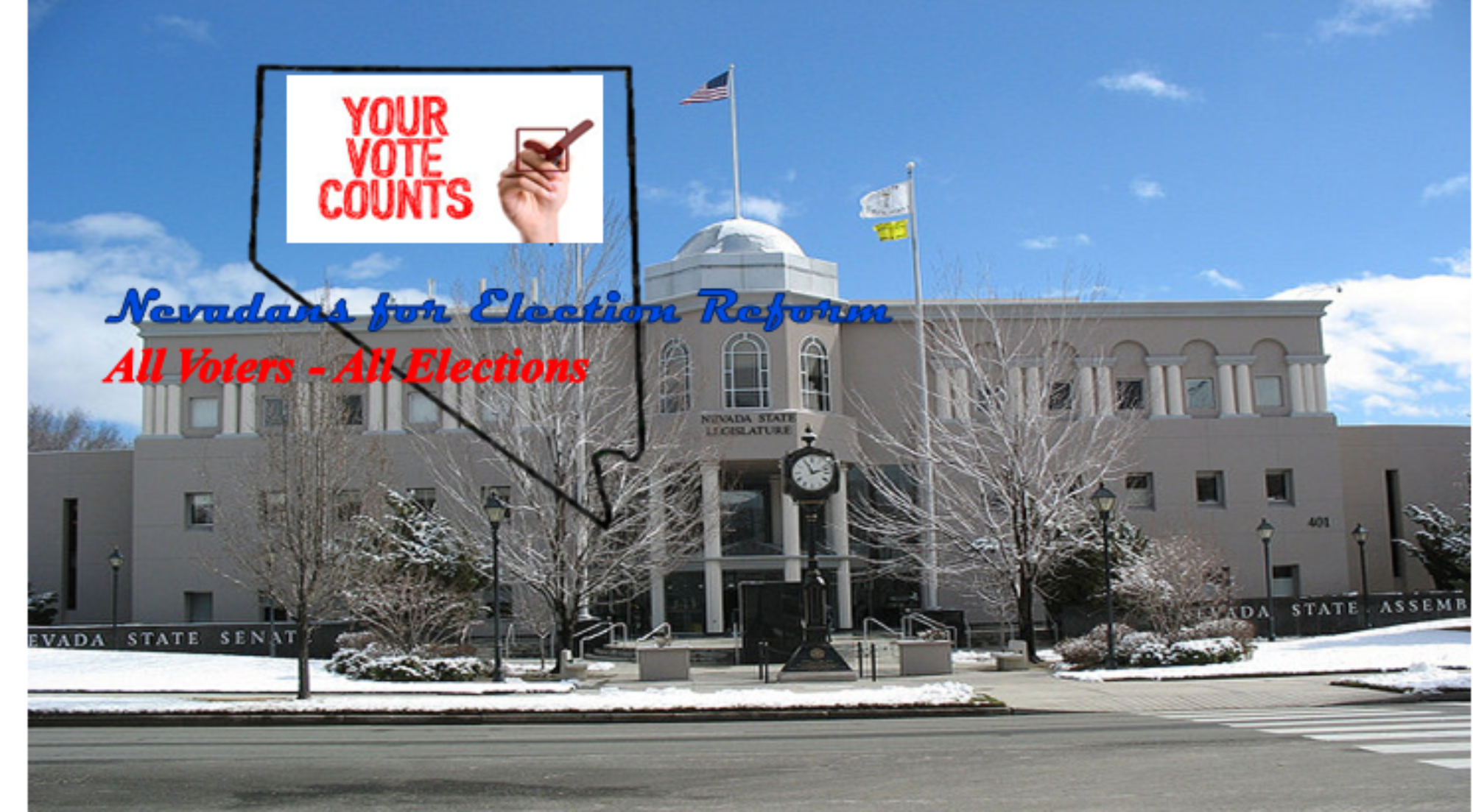“Respondents could protect them all by resorting to a nonpartisan blanket primary. Generally speaking, under such a system, the State determines what qualifications it requires for a candidate to have a place on the primary ballot—which may include nomination by established parties and voter-petition requirements for independent candidates. Each voter, regardless of party affiliation, may then vote for any candidate, and the top two vote getters (or however many the State prescribes) then move on to the general election. This system has all the characteristics of the partisan blanket primary, save the constitutionally crucial one: Primary voters are not choosing a party’s nominee. Under a nonpartisan blanket primary, a State may ensure more choice, greater participation, increased “privacy,” and a sense of “fairness”—all without severely burdening a political party’s First Amendment right of association.”
(Supreme Court Justice Antonin Scalia writing in CALIFORNIA DEMOCRATIC PARTY et al. v. JONES, SECRETARY OF STATE OF CALIFORNIA, et al.)
The main objection to replacing the closed primary election system in Nevada is that political parties have a first amendment right to select who represents their party in general elections. This has most recently been expressed by leading Nevada political commentator Jon Ralston, the editors of the Las Vegas Review Journal, and Reno political columnist Orrin Johnson. I totally agree.
But as Justice Scalia noted when writing for the majority in California Democratic Party et al. v Jones, Secretary of State of California, et al. using a non-partisan blanket primary, or for that matter, no primary, does not violate this first amendment right. Such a system not only protects that right but also protects the right of the state to regulate elections to ensure greater voter choice, participation, and fairness.
The Nevada Election Modernization and Reform Act for 2017 (NEMRA – 2017) and its predecessorlast session, were designed with this in mind; to let the state exercise its right to expand voter choice, participation, and fairness while not infringing on the political parties’ right of association. This is a win-win.
Why would any political party oppose engaging more voters and increasing membership and potential donations? It is important to note that except for the few months leading up to the presidential caucuses and primary, the only group regularly gaining voter share is Non-Partisan. Both the Democratic and Republican Parties have been losing voter share over the same period. Saying those who left the party can re-register if they want to vote ignores the message of these voter registration trends and gives the perception that party is more important than country, state, or county.
Why would any political party not want to have its positions supported by a wider segment of voters? Tailoring their message to a small segment, those more ideologically pure, is what has prompted voters to leave the parties, reduced voter turnout, and increased the negative influence of partisanship in all aspects of our lives.
What would be the message if one or both of the major political parties endorsed and actively worked for passage of NEMRA – 2017? It would be one of inclusiveness, one where the needs of the state and country come before the needs of the party. It would be one of “we believe every voter, not just those who 100 percent agree with us, matter.” The result of this message would be increased voter interest, increased voter participation, and potentially increased party membership.
Non-Partisan primaries do not violate political parties’ freedom of association. They do strengthen our electoral and governing processes to the benefit of the parties and the state.
